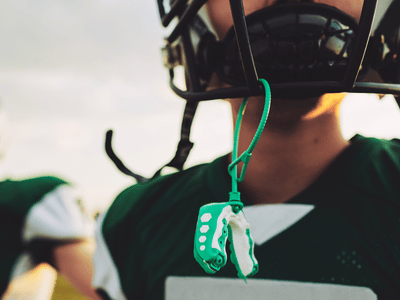
In This Post, We’ll Cover:
- Why should I wear a mouthguard?
- Do Braces put you at risk for a sports injury?
- What type of mouth guard should I buy?
Orthodontist Baton Rouge LA Invisalign Braces | Porter Orthodontics
Orthodontist Baton Rouge LA Invisalign | Porter Orthodontics

In This Post, We’ll Cover:

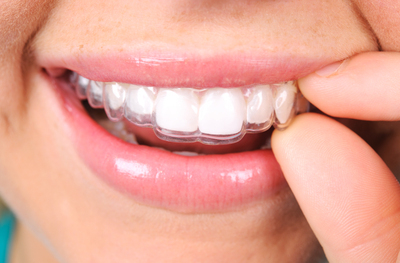
Making a Decision: Invisalign
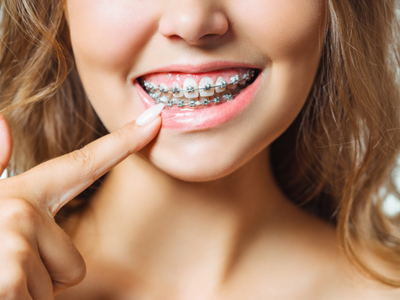
Most emergencies involving braces center around a wire or rubber band coming detached. These two issues are minor and can be easily fixed by your orthodontist. Sometimes a bracket can come loose, and in extreme situations, a bracket could come completely off your tooth. These are times that you would keep the fallen bracket in a safe place and take it with you to your orthodontic appointment.
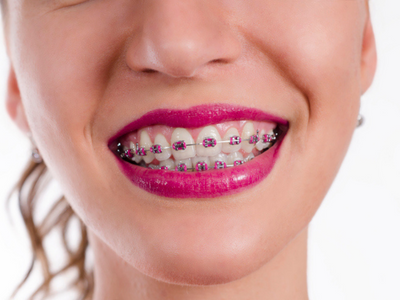
While most patients are always eager to start treatment, they are even more eager to get those braces off. Even though each patient is given an estimated treatment time wearing braces when they start, patients always hope we can wave our magic wands and complete the process sooner.
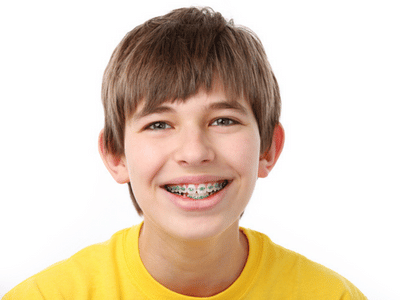
Children are born with a natural sucking reflex, which is why they tend to gravitate towards thumb sucking or get attached to a pacifier as a self-soothing tool. This impulse disappears around the four-month mark, but most children keep the habit for much longer. This is natural, and most children end up growing out of any habitual thumb sucking or pacifier use by age four at the latest. Stopping this habit by age four is ideal, and usually results in no long-term orthodontic issues.
The pressure applied to teeth through the continuous sucking motion can cause issues with tooth positioning and the growth of the jaw bones. This can later manifest in an openbite, buck teeth, or underdeveloped lower jaw and chin.
Orthodontists usually recommend that children and parents work to break these habits on their own before treatment starts. If this proves ineffective, there are appliances that an orthodontist can install that make thumb sucking and self-soothing less pleasurable for the child.